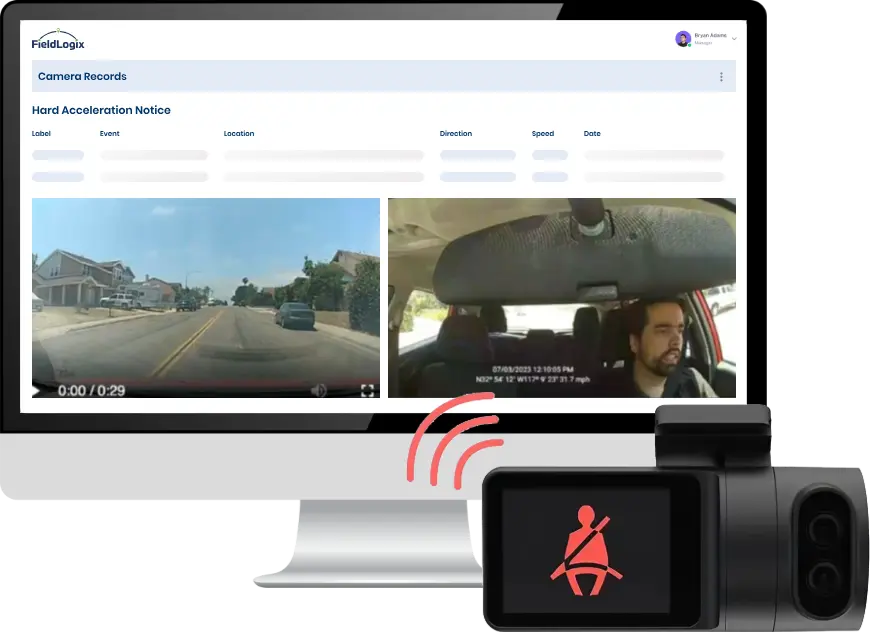CARB Awards Recognizes Leadership in Environmental Impact
The California Air Resources Board (CARB) is accepting nominations for its CoolCalifornia Small Business Awards, which recognize small California businesses (under 100 employees) that have shown leadership and taken action to reduce their energy bills and greenhouse gas emissions and made notable, voluntary achievements towards reducing their environmental impact. Nominations are being accepted until January 24, 2011.
Two categories of awards will be given — one recognizing the CoolCalifornia “Small Businesses of the Year” and another to the CoolCalifornia “Climate Leaders.”
The businesses of the year must demonstrate significant, measurable actions taken to reduce greenhouse gas emissions, save energy, invest in clean or renewable energy, purchase environmentally-conscious products such as hybrid or electric vehicles, and educate employees, customers and the general public. The “Climate Leaders” will be the most proactive nominees in reducing environmental impacts, through changes that may include efficient lighting, recycling programs, increased weatherization or the buying of environmentally-friendly products.











